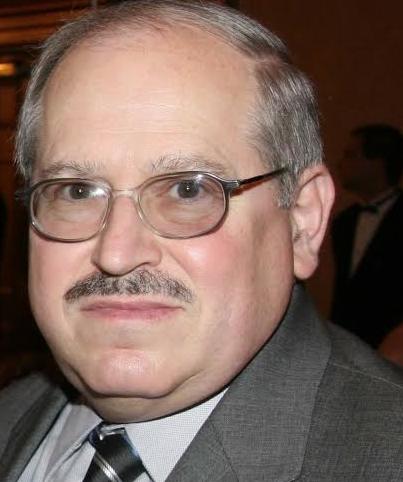Pro Bono Barrister: Landmark Debour case set four levels of intrusion

Screen Shot 2014-04-18 at 3.53.21 PM.png
These guidelines, as reviewed by the esteemed panel at the Inn meeting, are as follows:
The first level of intrusion is harmless police questioning, meaning that there is no need to admit to one’s identity, reason for being where one is, or travel plans. Police must have an objective and credible reason still to ask these questions. And, even if they do, a “stop” has not legally occurred.
The second level, according to Debour, applies when a police officer “closely and intensely” questions someone. But even this is not actually a “stop” because the citizen has the right to leave legally; also at the second level the officer must have “suspicion that crime is afoot.”